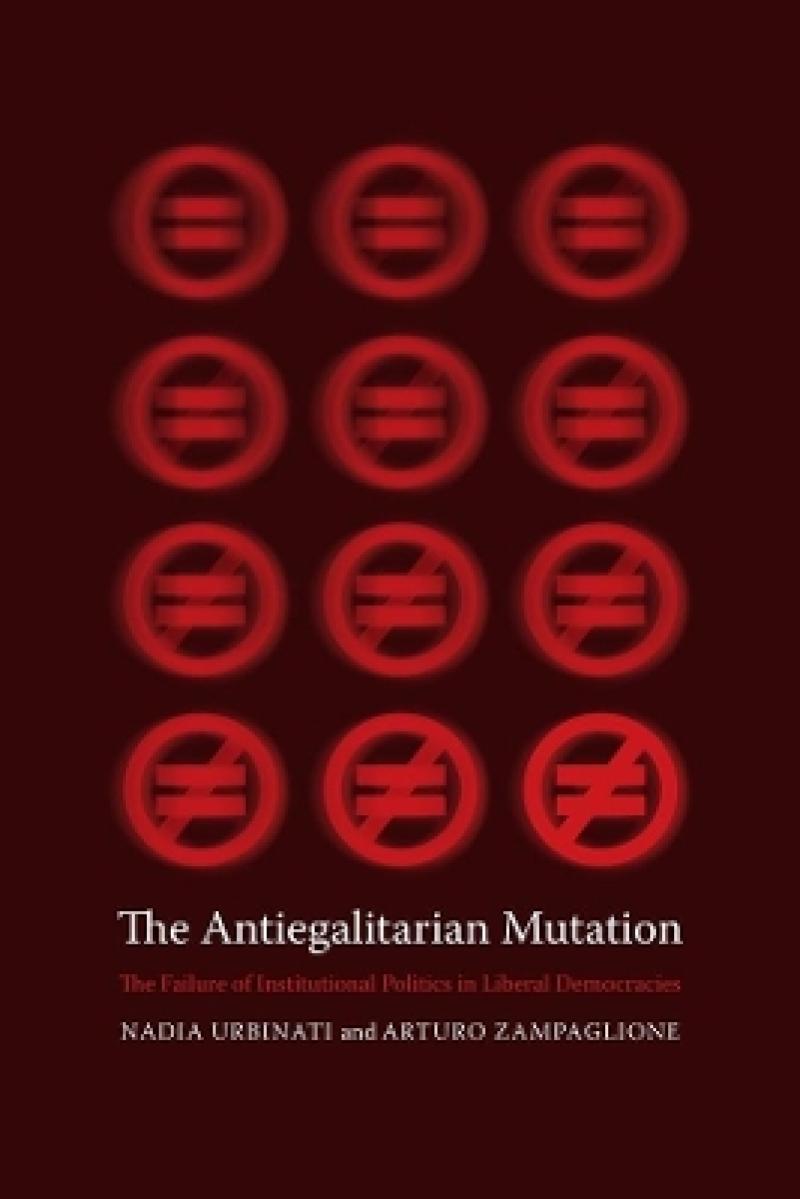Nadia Urbinati is one of the most original thinkers of representative democracy in our time. In this set of wide-ranging and stimulating conversations, she uses theory and insights drawn from across the history of political thought to illuminate the profound challenges to political equality that we are witnessing in both Europe and the Americas today. -- Jan-Werner Muller, author of Contesting Democracy: Political Ideas in Twentieth-Century Europe In The Antiegalitarian Mutation, Nadia Urbinati and Arturo Zampaglione take on the two potentially insurmountable challenges confronting contemporary democracy: increasing economic inequality and rising xenophobia. Combining passion and sobriety, these interlocutors diagnose the sources of these antidemocratic threats, explore their dire implications for liberty and equality, and endeavor to devise viable solutions. Anyone worried about the phenomena of plutocracy and right-wing populism and the future of democratic politics will need to read this important book. -- John P. McCormick, author of Machiavellian Democracy The ongoing mutation of democracy into a profoundly antiegalitarian order, Nadia Urbinati argues, is characterized by a neoliberal retreat from what is genuinely public and organized around the principle of equality. Her superbly lucid and historically attuned account is a breath of fresh air in the now crowded field of texts dealing with the 'crisis of democracy.' -- Linda M. G. Zerilli, author of A Democratic Theory of Judgment The Antiegalitarian Mutation presents stimulating considerations on the value of democracy, both as an ideal and as a practice, and on the impact that recent global antiegalitarian phenomena have had on it. -- Emanuela Ceva, coauthor of Diversity in Europe: Dilemmas of Differential Treatment in Theory and Practice An accessible and wide-ranging analysis of the phenomenology and effects of the current crisis of Western democracies. -- Valeria Ottonelli, University of Genova This is an essential read for all interested in political theory and philosophy. CHOICE
